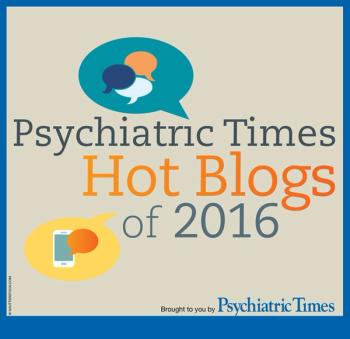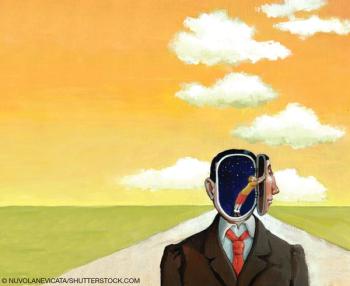
On the risk of accepting the practice of psychiatric diagnosis from afar.

On the risk of accepting the practice of psychiatric diagnosis from afar.

Given that “specific phobias” are a diagnostic category in DSM-5, is "Islamophobia" a diagnosable disorder?

In this Letter to the Editor, practicing psychiatrist Richard Krugley, MD makes the case against the term "assisted suicide" when applied to terminally ill patients. Drs. Pies and Geppert respond.

American psychiatry is on the cusp of recognizing and tackling both physician burnout and climate change.

An overview of various aspects of taking notes and suggestions for effective documentation.

The nightmarish reality of psychosis is vividly detailed by Deborah Danner, a woman with self-described schizophrenia, recently shot to death by a New York City policeman.

For your reading pleasure, we present noteworthy blogs published in 2016.

Carrie Fisher used her force to fight the stigma of mental illness --not with a light saber, but with insight.

Here’s a very unscientific survey of this year’s most meaningful issues is psychiatry. Quite a year.

Dr. Moffic remembers psychiatrists whose lives provided a model for the wider field of psychiatry in 2016. They are truly "gone but not forgotten."

Two recent clinical trials of opioid medication for depression and suicidality highlight the role of brain opioid systems in depression.

On a daily basis, our patients demonstrate their resilience to face reality and rise above their challenges, despite the odds. So shall we.

The public has questioned the wisdom of a judge to release a psychiatric inpatient, but not just any patient. Enter our metaphoric haunted house at your own risk.

“Election addiction disorder, undifferentiated, DSM-5A-177.6x” is characterized by an overwhelming need to watch anything and everything related to the current race for the White House, no matter how microscopic. Clinical details and prognosis are examined here.

The supposed “epidemic” of mental illness turns out to be mostly a myth in the US adult population, 2000-2015.

Will novel treatments from around the world be treats or tricks? Whatever they turn out to be, they are as fascinating and varied as Halloween costumes.

I hope readers look seriously at what the Presidential candidates have to say-or if they say anything at all-about addressing the current and increasing disaster in the mental health system before casting their votes.

The ethical core of the Goldwater Rule is sound, but the rule needs clearer and more nuanced language.

Let us consider the case of a "bad" psychiatrist to serve as a warning of where we can go wrong.

"Like many good psychiatrists, I have empathy and concern for my patients. But in my case, I’ve quite literally walked in their shoes."

We are ethically constrained by the Goldwater Rule, but here are the data from an artfully crafted secret poll on the Presidential campaign.

The authors examine the literature on "quality of life" and how antipsychotics improve that for patients with schizophrenia.

Should doctors be legally allowed to assist terminally ill patients in committing suicide?

In a first-ever poll of its kind, we'd like to know about your fears, concerns, and hopes about how this election will affect your profession and your patients.

Our societal challenges beat through each note in Simon's newest album-with far-reaching implications for psychiatry.